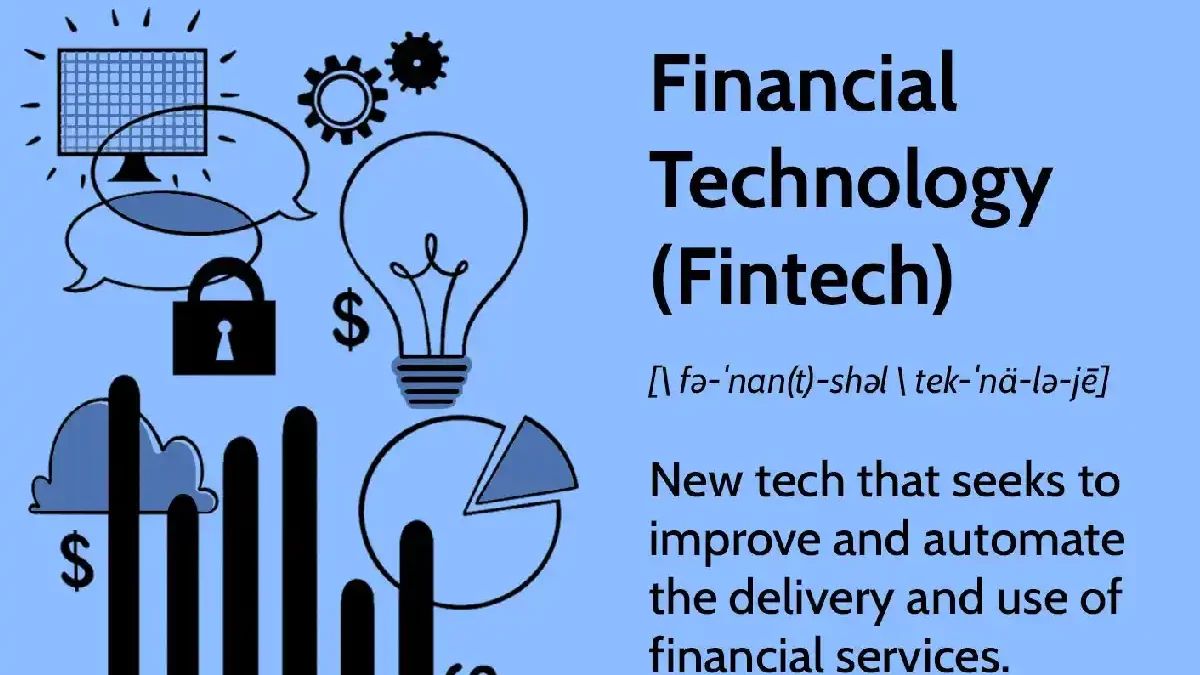If there’s one technological innovation that has made a significant impact on various industries today, it’s financial technology, better known as Fintech. That said, this technology took it upon itself to transform the traditional processes of managing financial services ranging from personal finance to the entire banking systems.
But was this technology successful in its endeavors? It sure was and it still does continue to revolutionize financial services as we know it. As a matter of fact, this new technology was so appealing to investors that many of the Fintech startups quickly reached the status of “unicorns” back in the early 2010s. Nowadays, people can refer to sources like the fintech hub of Scandinavia, for instance, to compare loan lenders, but that’s just the tip of the iceberg.
Fintech tools like robo-advisors, personal finance and payment apps are all part of the everyday financial processes made by business and individuals alike. With that in mind, let’s look at a few advantages and disadvantages of investing in financial technology.
Table of Contents
Exploring the unique opportunities that Fintech offers to investors
The fact of the matter is that Fintech companies are leveraging the power of technology to create innovative products and services that can help companies and individuals make smarter decisions about their investments. Therefore, there is a lot of potential for growth and development here. As such, these opportunities are effective at drawing out investors.
From investment apps to peer-to-peer (P2P) lending services, there’s virtually endless number of ways to generate profits on investing in Fintech. That’s why so many venture capitalist are funding Fintech startups. At the same time, the benefits of using this technology also makes it quite appealing to individuals, as well as companies that wish to capitalize on using Fintech for their endeavors.
Understanding the risks Involved with investing in financial technology
Like all new technologies that are quite disruptive, Fintech comes with its own set of risks and disadvantages that investors should be wary off. The greatest risk, and thus the biggest disadvantage of investing or using Fintech revolves around regulatory arbitrage and data privacy.
That said, the financial services sector is among the highest regulated ones in the world. However, it does not account for disruptive technologies that are on the rise today. meaning that Fintech products or services are not as relates as they should or can be.
This makes them quite a fertile ground for scams and frauds, especially Fintech that deals in cryptocurrencies. Not only that but consumer financial activity is not protected adequately, which is quite a red flag in the financial world.
Analyzing the potential growth of Fintech investment options
As mentioned before, ever since the idea of Fintech became a viable concept back in the early 2010s, a myriad of Fintech startups have gained a lot of investor support. The main reason is exactly their growth potential.
Not the growth of startups alone but the technology they invent as well. The very technology with the potential to reshape financial services completely and introduce an entirely new system is a difficult opportunity to pass out on for investors. That and the fact that Fintech’s ability to evolve as a technology, adapting to market trends and correlating technologies is astonishing.
Artificial intelligence, blockchain, chatbots – Fintech can adapt and utilize just about anything these days. Therefore, the growth of investment goes hand in hand with the growth of this technology. That’s one of the main reason that Fintech is so popular among investors and consumers alike as it offers numerous benefits to everyone who uses or invests in it.
Investing in [fintech] is quite an appealing endeavor whether it from an investor or consumer point of view. However, it is important to consider the potential benefits and risks associated with these investments before taking the plunge.

